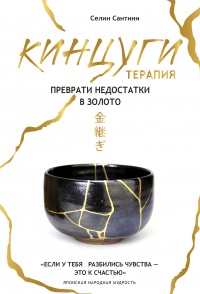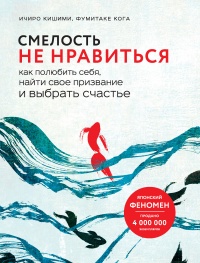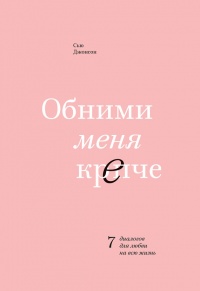Книга Зеленая терапия. Как прополоть сорняки в голове и взрастить свое счастье - Сью Стюарт-Смит
На нашем литературном портале можно бесплатно читать книгу Зеленая терапия. Как прополоть сорняки в голове и взрастить свое счастье - Сью Стюарт-Смит полная версия. Жанр: Разная литература / Психология. Онлайн библиотека дает возможность прочитать весь текст произведения на мобильном телефоне или десктопе даже без регистрации и СМС подтверждения на нашем сайте онлайн книг knizki.com.
Шрифт:
-
+
Интервал:
-
+
Закладка:
Сделать
Перейти на страницу:
Перейти на страницу:
Внимание!
Сайт сохраняет куки вашего браузера. Вы сможете в любой момент сделать закладку и продолжить прочтение книги «Зеленая терапия. Как прополоть сорняки в голове и взрастить свое счастье - Сью Стюарт-Смит», после закрытия браузера.
Книги схожие с книгой «Зеленая терапия. Как прополоть сорняки в голове и взрастить свое счастье - Сью Стюарт-Смит» от автора - Сью Стюарт-Смит:
Комментарии и отзывы (0) к книге "Зеленая терапия. Как прополоть сорняки в голове и взрастить свое счастье - Сью Стюарт-Смит"
























